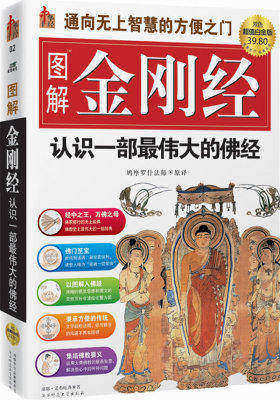
图解金刚经(试读本)
免费
《金刚经》是佛教*伟大的一部经典,包含了大乘佛教的智慧。被奉为“诸佛之智母、菩萨之慧父、众圣之所依”,是能代表大乘般若思想的经典。在中国古代,上至帝王将相,名流士大夫,下至贩夫走卒、百姓之家,无不推崇《金刚经》、奉持《金刚经》,历经千年,这部经典已经深深的融了中国的传统文化。 从浅处说,《金刚经》解决的是心的问题,这些问题对人生而言是很重要的。从深处说,《金刚经》谈的是宇宙真理、时空等大问题,这些问题对于全人类来说亦是很重要的。但个人问题和宇宙问题在这里却是统一的,佛以“刹那间”去包容百、千、万世,将大千世界等同于一粒尘埃,是非常吸引人的观念。 但是《金刚经》却不是那么好懂,因为机缘变了,受众变化了,随缘而产生的“文字般若”也失去了它沟通的“方便”,变成了深奥的经理。 幸好时代变迁,为我们提供了解读经典的新方式,即消解掉不利于沟通的旧文字,以图、文相谐的视觉思考逻辑,化繁为简,重新构筑阅读。本书即是这样一种视觉表演,文字、图片、图表等符号,互为对应角色,相互对话,力争在还原《金刚经》初精神的基础上,把受众引对现实生活的理性思考。相信本书的出版,会让这千年的智慧,洞穿时空,成为现代的人生指南。 《金刚经》,全名叫做《金刚般若波罗蜜经》,在传介到中土的大量佛教经典中,《金刚经》是译介早、流传广、影响深的经典之一。这部经跟中国人特别有缘,念经者,欢喜念金刚经;讲经者,欢喜讲金刚经;注经者,喜欢注金刚。自从鸠摩罗什法师把它翻译成汉字以来,历经南北各朝、直至唐宋元明清,“金刚经”所带衍生的各种文化现象,已经成为了中华文明不可缺少的重要组成部分了。在中国传统文化中,人们把 《金刚经》与儒家的《论语》、道家的《道德经》并列视为释儒道三家的宝典。 在中国历史上,佛教的各宗各派都十分尊重《金刚经》,为其行注疏。尤以唐宋来盛极一时的禅宗,与《金刚经》更是结有深厚的因缘。禅宗大德,六祖惠能禅师,是因为在街边听到有人读诵《金刚经》中“应无所住而生其心”一句时,激发了他的佛性,后来,他远赴千里之外去亲近五祖,五祖专为他讲《金刚般若波罗蜜经》,于是,他是豁然大悟了。本来禅宗是依据《楞伽经》修行,但是,自惠能大师以后,就是依据《金刚经》了。所以,金刚经在禅宗,是特别受重视的一部经典。 之所以受重视,是由于中国佛教自身的特。中国佛教一是重实行:如台、贤、禅、净各宗,都注重行持,尤重于由静定思虑生发智慧的体悟。二是好简易,中国人的习性好简,卷帙浩繁的经论,是极难普遍流通的。鉴于这部《金刚经》既重般若的悟证,有极强的可操作性;又不繁复艰涩,恰合中国人的口味,所以能特别流行! 《金刚经》是一切大乘佛教的理论基础,因其探讨解脱生命困惑的大智慧,被奉为“佛门的智慧之母”。同时,不学佛的人也能够在其中获得重要的人生启迪,所以通常意义上,它也是一本人生哲理典籍。 从《金刚经》来看,佛法是解决心的问题。一始先提到发“成佛”的心,然后是降伏虚妄之心,而后又是清净心,等到证涅槃之后,心不再迷茫,连一丝丝的烦恼都没有了。助人脱苦离难,不生烦恼,这就是金刚经所要达到的目的。同样,这也是佛法的目的。在这个意义上看,佛法也不妨称为心性之学。 “心”的健康与否,直关系到人的幸福。现代的心理医生解决的只能是个别人的问题,而一种千年背景的哲学思想,则能够影响成千上万的人。有识之士,已经将眼光投向了这样的经典,比如探讨《论语》与人生智慧、研究《老子》与人生幸福。而实际上,直针对烦恼、欲望的“心灵鸡汤”则是这部旷世经典《金刚经》。 《金刚经》提出降伏其心,就是要降伏我们内心中的不安定的烦恼因素。这恐怕是现代人急需的一剂心灵良药。 《金刚经》虽然只有5000多字,读起来也很容易上口,但要参透却很难,甚至门都不容易。因此,千年以来无数高僧大德、国学大师都殚精竭虑,注疏详释,试图为世人启这扇通向人生无上智慧的“金刚之门”。也正是因为阐释太多,理解殊同,导致对同一概念有诸多版本的解释,这使得许多初习《金刚经》的人常常陷于更大的迷惑,致使《金刚经》成为著名的“难读之经”。 我们编辑本书的目的,是以通俗易懂的图解方式,让这部经典的要义呈现出来,并使它成为一小扇通向人生无上智慧的方便之门。若有人在阅读中,有一时的精神体悟,获得片刻的宁静,足矣!
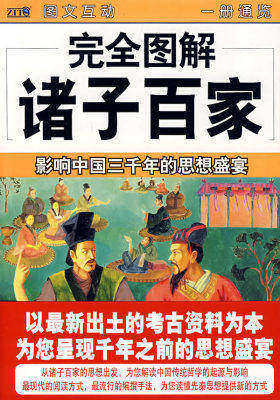
完全图解诸子百家(试读本)
免费
纵览中国历史,先秦时期是中国古典思想的黄金时代。诸子各以其独特的视角,对宇宙、社会、政治、教育、科学、军事、逻辑等 诸多领域,行了深的探讨。他们之间频发激烈的争辩,在当时形成了百家争鸣的空前活跃局面。本书在介绍儒、墨、道、法、兵各家的同时,结合*出土文物,以现代图解方式诠释其中的奥妙,将各家的思想特形象地呈现在读者眼前,使读者有机会贪图这一思想盛宴。 1993年出土的楚墓竹简对于了解诸子百家有着哪些贡献?本书为您介绍埋藏地下的战国时期思想宝藏。 诸子的个人经历对各家思想的发展产生过哪些影响?本书为您讲解百家思想与中国王朝政治的深刻联系。 思想的实质到底是什么?人类能否正确认知世界?如何处理人与天的关系?本书为您揭秘春秋战国时期的哲学原貌。

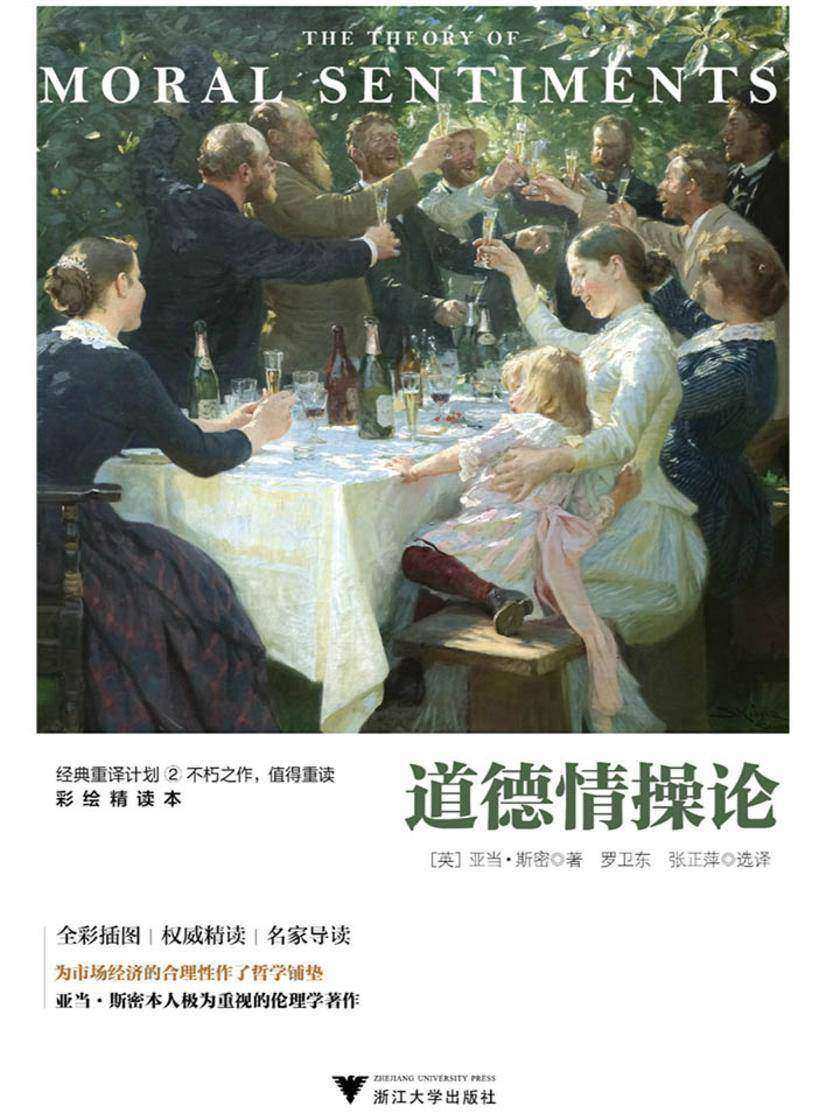
道德情操论(国内斯密研究权威,浙江大学副院长罗卫东教授之译作)
¥31.00
《道德情操论》初版于1795年问世,相比起《国富论》,该书更受斯密本人重视。全书共七卷,反复修订过五次,直至亚当·斯密去世前,都还在大幅修改此书,并将后一次改写称之为对人世后的告别。 众所周时,《道德情操论》是一本道德哲学著作,但可能鲜少有人知道,其对于经济学的价值,更是无与伦比,可以说此书为市场经济的合理性奠定了伦理基础。在书中,斯密首次提到了著名的“看不见的手”理论,可以说本书为多年以后在《国富论》中更详细地展开关于利己心、交换、分工、财富生产与积累、自然自由、公共利益等的体系性的论述做了哲学铺垫。 《道德情操论》自1997年由商务印书馆出版首个中文版以来,译本不下30多个,翻译水平参差不齐,我们这次的精读本参照的是由格拉斯哥大学整理,并由牛津大学出版社的《斯密著作和通信集》中的版本,此版本为目前学术界为推崇的版本,力求做到对原著合适的表达。和《国富论》一样,此次也配以译者导读,并加入了大量助于理解的精美插图,希望能够成为*大众阅读的版本。


新教伦理与资本主义精神(经典重译计划系列第三部。全彩插图,权威精读,名家导读。吴晓波频道推荐)
¥31.00
《新教伦理与资本主义精神》发表于1905年,在争议中成为了社会学领域的奠基之作。 韦伯一生致力于考察世界诸宗教的经济伦理观,探讨世界主要民族的精神文化气质与该民族的社会经济发展之间的内在关系。《新教伦理与资本主义精神》是韦伯对宗教社会学的初期研究,他认为“新教伦理”与“资本主义精神”存在某种因果关系——资本主义精神有其宗教根源,新教中的苦行、职业劳动观念,逐渐发展成了资本主义中理性经济劳动的特征。他深入探究了资本主义经济兴起过程中,非经济因素的重要意义,通过对大量经验的归集与分析,论述了新教伦理与近代合理资本主义发展之间的关系,为当代社会科学提供了富于启迪的思路,也让大众读者看到了隐藏在制度背后的精神力量。 本书由研究马克斯·韦伯的学术权威选取和翻译《新教伦理与资本主义精神》全本精华部分,保留作者完整的理论体系,并配以译者导读。同时加入大量精美插图,图文配合,以期成为*大众阅读的版本。


宗教理论前沿
¥17.28
《上海社会科学院哲学社会科学创新工程学术前沿丛书》力图反映本学科近期新研究成果和理论探索前沿,为研究生理论积累和博士阶段学习提供引导,同时也为授课教师提供基础性材料。晏可佳主编的《宗教理论前沿》这是其中的一本,主要反映的是当今宗教研究方面的前沿理论。

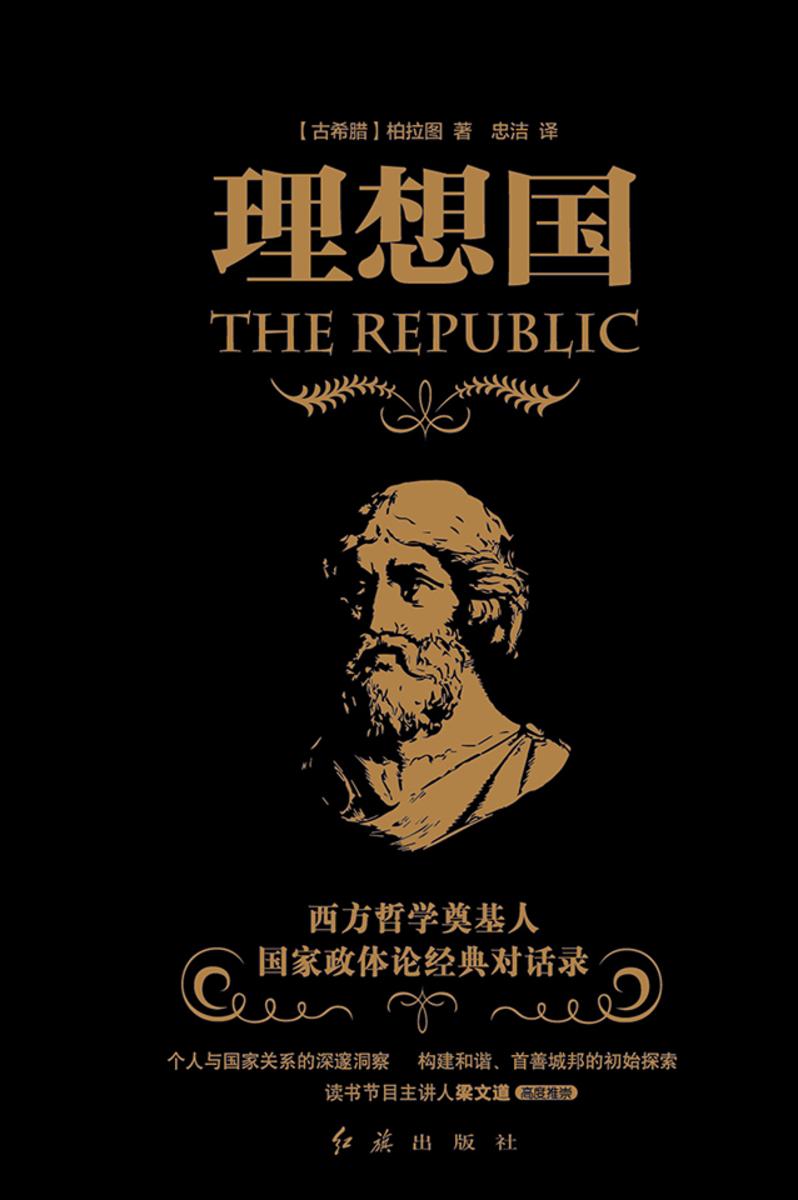
理想国
¥12.99
本书是古希腊哲学家柏拉图重要的对话体著作之一,又译作《国家篇》《共和国》等,共分为十卷,一般认为属于柏拉图中期的作品。内容涉及柏拉图思想体系的各个方面,包括哲学、伦理、教育、文艺、政治等,主要探讨理想国家的问题。对话录里柏拉图以苏格拉底之口通过与其他人对话的方式设计了一个真、善、美相统一的政体,即可以达到公正的理想国。柏拉图的理想国是人类历*早的乌托邦。在他的理想国里统治者必须是哲学家,或者让政治家去学习哲学。他认为现存的政治都是坏的,人类的真正出路在于哲学家掌握政权,也只有真正的哲学家才能拯救当时城邦所处的危机。

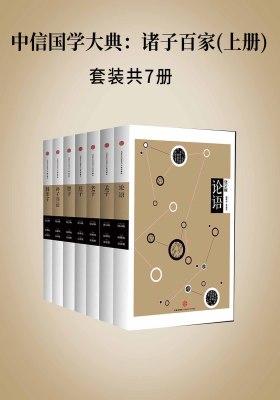
中信国学大典:诸子百家(上册)(套装共7册)
¥59.99
孟子名轲,字子舆。战国时期鲁国人,鲁国庆父后裔。中国古代著名思想家、教育家,战国时期儒家代表人物。孟子继承并发扬了孔子的思想,成为仅次于孔子的一代儒家宗师,有『亚圣』之称,与孔子合称为『孔孟』。 孟子为了宣扬他的『仁政』和『王道』思想,曾周游齐、晋、宋、薛、鲁、滕、梁列国。但由于当时诸侯各国战乱纷繁,他的仁政学说被认为是『迂远而阔于事情』,根本没人采纳他的治国思想。故而与弟子讲学著书,作《孟子》七篇。 《孟子》一书是孟子的言论汇编,由孟子及其弟子共同编写而成,是继《论语》以后重要的儒家经典,记述了孟子一生的主要言行,突出地记述了孟子主张仁义、反对暴政和武力兼并的政治思想。孟子根据战国时期的经验,在总结各国治乱兴亡的规律之后,提出了一个富有民主性的著名理论: 『民为贵,社稷次之,君为轻』。通过大量历史事例反复阐述了『得民心者得天下』的政治观点。 孟子主张仁义,并将孔子的德治思想发展为仁政学说,成为其政治思想的核心。文章长于说理辩论,语言生动,气势磅礴,比喻深刻,论证有力,在我国文学发展史上具有重大影响。

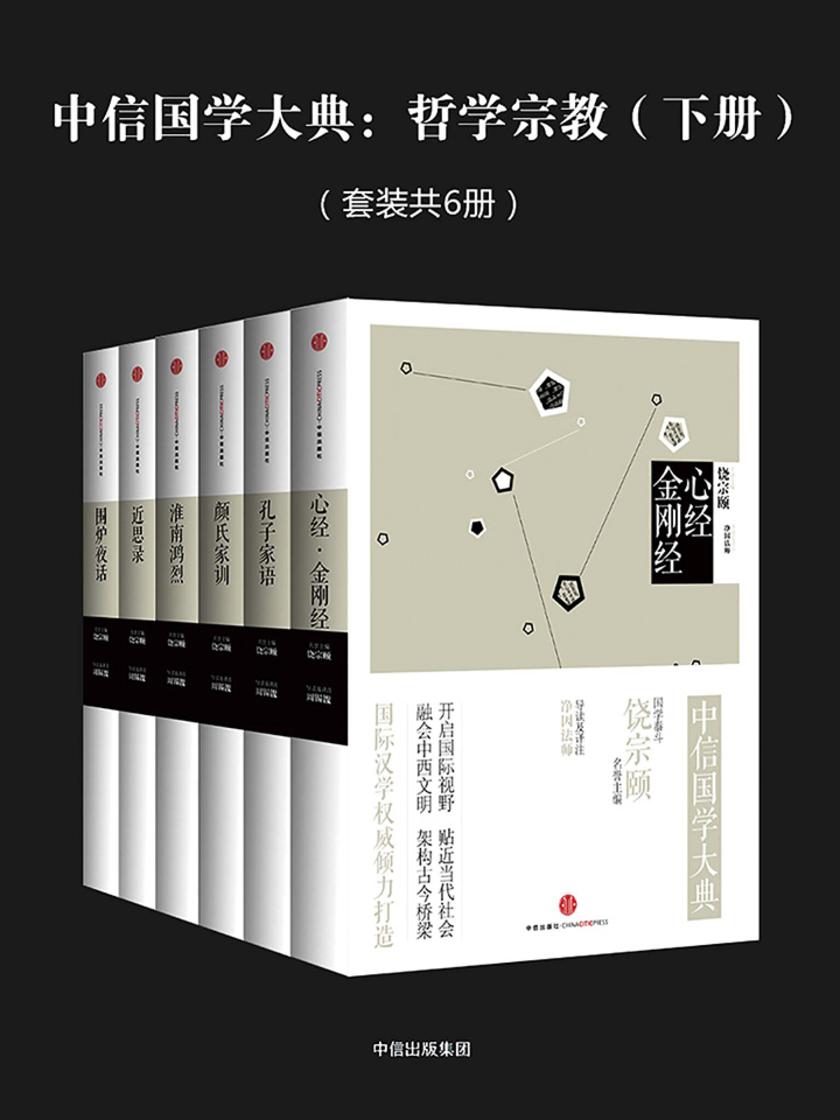
中信国学大典:哲学宗教(下册)(套装共6册)
¥188.00
中信国学大典:哲学宗教(下册)(套装共6册),总共有《孔子家语》《颜氏家训》《淮南鸿烈》《近思录》《围炉夜话》《心经?金刚经》。读者通过阅读这些凝聚中国智慧的宗教哲学方面的经典,启发智慧,感受心灵的凝聚和精神的开放。


中信国学大典:诸子百家(下册)(套装共7册)
¥69.99
刘桂标、方世豪、饶宗颐、赵善轩、李安竹、李山、何志华、陈秉才编写的《诸子百家(共14册)》(精)》主要囊括“中信国学大典”诸子思想学说的14册图书:《论语》《孟子》《老子》《庄子》《墨子》《孙子兵法》《韩非子》《大学?中庸》《荀子》《管子》《列子》《鬼谷子》《商君书》《吕氏春秋》。套书精选儒家、道家、墨家、名家、法家、兵家、纵横家等先秦学术的重要经典,进行编选、译注、导读,带领读者聆听“轴心时代”的不错音,感受思想的碰撞和启迪。


中信国学大典:哲学宗教(上册)(套装共6册)
¥84.90
《中信国学大典:哲学宗教(上册)(套装共6册)》主要收录了中国宗教哲学方面的六本国学经典著作:《周易》《礼记·孝经》《净土三经》《六祖坛经》《黄帝内经》《传习录》。通过对这些浓缩中国智慧的宗教哲学方面的中国经典的阅读,可使读者读善其身,澄心澈智。 《周易》是一本以百科全书为“体”,而以占筮为“用”的性质奇特的典籍。它蕴含渊懿微妙的哲思,表达敬德、重民的治国理念,保留了好些商、周的史实,盛载大量的上古文化遗存。“ 《净土三经》即:《佛说阿弥陀经》重在引导世人对西方极乐净土生起信心。《佛说无量寿经》侧重于如何发愿,而《佛说观无量寿佛经》重在如何修观,心净则国土净,当下就是西方极乐国土。三经相辅相成,如鼎之三足,缺一不可,向人们完整地展示了净土修行法门的总纲:信、愿、行、果。 《六祖坛经》是禅门的根本宝典,其中“见性成佛”的思想是促使佛教中国化的基石;“心性”学说对宋明两代理学家的思维方式和思想内容影响巨大;通俗易懂的宣教方式使《六祖坛经》成为中国部白话文学作品。西方人瓦茨氏(Alan Watts)因而将《六祖坛经》看成是“东方精神文学的*杰作”,而近代国学大师钱穆将之与《论语》、《孟子》等书并列,《六祖坛经》遂成为探索中国文化的经典之一。 《黄帝内经》是中国现存医学文献中早的一部典籍,它比较全面地论述了中医学的基本理论和学术思想,为中医学的发展奠定了基础。现存《黄帝内经》,包括《素问》和《灵枢》两部分,每部分八十一篇。其所揭示的生命活动规律和思维方式,对当代生命科学的研究也有重要的启示作用。 《礼记》是一部以儒家礼论为主的论文汇编。今本《礼记》共四十九篇,其中《曲礼》、《檀弓》、《杂记》三篇因篇幅较长而分上下篇,实际为四十六篇,阐释礼经意涵,可指引后人阅读礼经的思考方向。孝道,是“中国固有文化的精华”,以“尊老,敬老、养老、送老”为基本内涵;而《孝经》一书,涉及孝道,说到了一些行孝的具体事项,其核心是以“孝”劝“忠”。一些内容在今天,仍是新社会的伦理道德的一个组成部分。


活在此时此刻
¥5.00
这本回忆录讲述了一行禅师的一生。每一个故事都是他真实的生活经历。他向我们展示全神贯注活在此时此刻的意义。 如果你身处繁重的工作,感到焦虑或内心迷惘,无法获得平静与归宿。 这本书将使你思绪清晰,安住当下,获得生命的平静和此刻的丰盛。


你以为你以为的就是你以为的吗?(经典版)
¥27.00
在《你以为你以为的就是你以为的吗》中,作者精心设计了12道检测思考清晰度的逻辑谜题,涵盖哲学、逻辑推理、信仰、思想一致性、禁忌底线、道德标准、艺术、身心灵、自由、终极逻辑常识等多个有趣话题。读者可以通过12道逻辑谜题检测思考的清晰度,快速提高思考力,抓住别人的思维漏洞!


英雄之旅:约瑟夫·坎贝尔亲述他的生活与工作
¥45.90
约瑟夫·坎贝尔是20世纪伟大的神话学大师,因其对神话的独特解读在西方享有盛名,他提出的“英雄之旅”的模型*为人熟知,这一理论推动了西方流行文化的发展,使坎贝尔成为众多艺术家、学者、政治家的灵魂导师。 《英雄之旅》由坎贝尔与世界各领域的精英人士的对话交织而成,颇具巧思。这些人士包括诗人罗伯特·布莱、人类学家安杰利斯·阿里恩、电影制作人戴维·肯纳德、大门乐队鼓手约翰·登斯莫尔、精神病学先驱斯坦尼斯拉夫·格罗夫、诺贝尔奖获得者罗歇·吉耶曼等。 坎贝尔一生专注于思考神话的起源与功能、艺术家的责任,以及爱与浪漫的仪式化问题。他用诗一般的语言阐述了自己的追求,为一生都在探索神话传统兴奋不已。在坎贝尔的眼中,神话传说就是“人类*伟大的故事”。 脱离你熟悉得不能再熟悉的温柔乡,勇于受各种超出你日常认知的的试炼和磨砺,在坎贝尔提供的武功秘籍的帮助下,你也许就会超越繁琐日常的羁绊,将自己锻造为人生之路上的英雄。


最好的抉择:关于看病就医你要知道的常识
¥34.60
《好的抉择》是医生和患者做出恰当医疗选择的启蒙书。如何分辨虚假医疗广告和真实有用的医疗信息?选择好医院还是好医生?治疗真是多多益善吗?要不要因为费用放弃治疗?……看病就医中所有的困惑都将在这本书中得到解答。 书中两位哈佛医学院教授,通过亲访追踪16位高胆固醇、甲亢、乳腺癌、肝癌等患者,从医学、心理学、经济学、统计学等角度,分析比较了不同职业、背景的患者在面临相同医疗问题时的不同选择,揭示了患者同病不同命背后的种种决定力量,提出了有指导意义的谏言。 《好的抉择》邀请了众多知名医生、媒体人和患者家属针对每章内容行鞭辟里的分析,教你做聪明的患者,为自己的健康做出*决策。

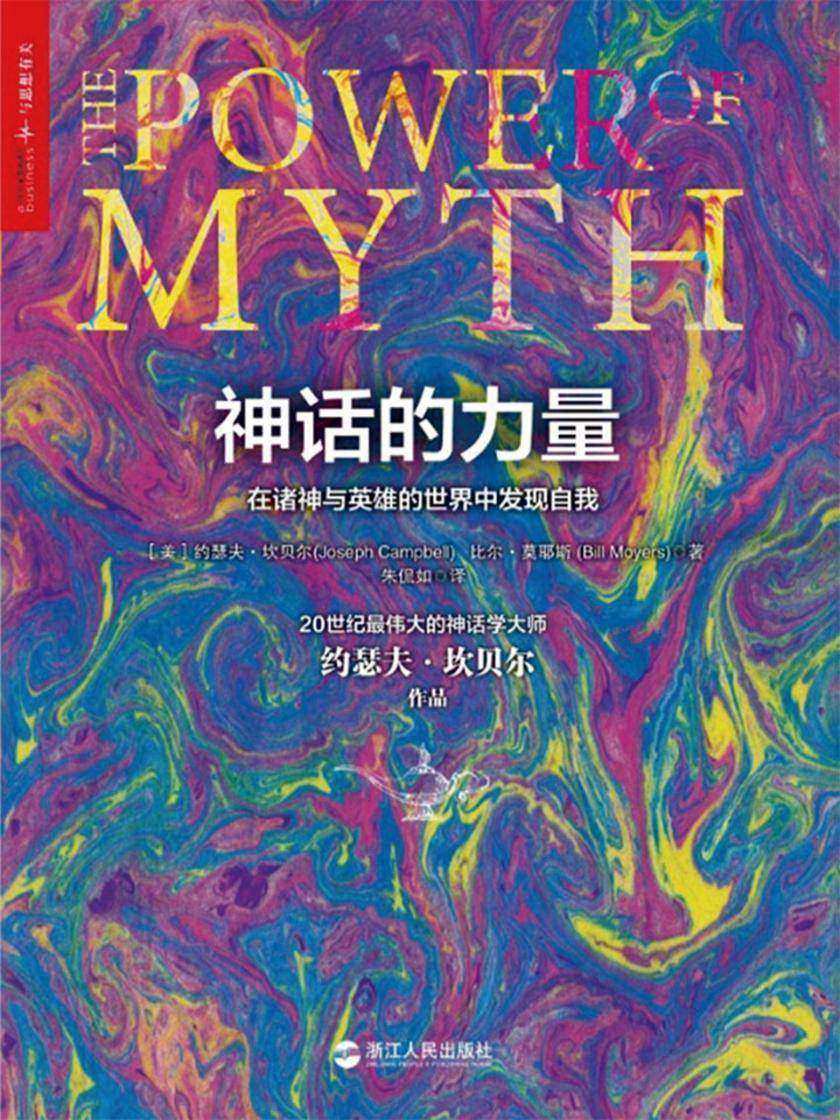
神话的力量:在诸神与英雄的世界中发现自我
¥31.40
这是一本重新认识神话、发现自我、探知关于心灵真理的书。“耶稣的复活不是肉体的复活,而是精神生命的重生,佛陀经历的苦难不是外在的磨难,而是内省的诱惑;我们被赶出伊甸园,并不是因为神的愤怒,而是源于我们对生活本能的依恋……”我们之所以对丰沛的神话智慧感到疏离,是因为我们失去了解读神话的本能,错读了神话的语言!不管世界各地的神话有何不同,其实都在呼唤我们对生命本身的深度觉醒。 当代神话学大师约瑟夫?坎贝尔与美国知名电视人比尔?莫耶斯通过对话的形式,就神话、婚姻与爱、人格成长、生命意义、自我发现、心灵探索、宗教等多种主题,引导我们内心世界,完整呈现关于心灵真理的精辟分析。神话其实并不是古人抽象的理论抑或是离奇的信仰,也不是交融在怪力乱神中的错乱文本,神话是有情节的心理分析,是帮助人们发现内在自我的线索,是理解如何生活的实用模型。 乔治?卢卡斯正是迷上了坎贝尔对神话的独特分析,创作出经典科幻电影《星球大战》。读者从本书中获得的也并非只是有趣的神话故事,更重要的是由全书体悟到的神话背后所传达的人类、宇宙、生死各个层面的深探索,从中学习生命的智慧、咀嚼活着的体验、思考自然的奥秘。


佛学与儒学(修订版)
¥29.88
本书深研究了东方两大文化,即印度佛教与中国儒学在古代中国相互排斥、相互吸收的过程及其结果:一方面是印度佛教的中国化,在学理层面主要表现为儒学化;另一方面是儒学在思维方式、修养方法等方面广泛吸收了印度佛教的思想资源,直促成了新儒学,即宋明理学的诞生。本书高屋建瓴,从佛法要义与儒学主旨、佛本与人本、佛性与人性、顿悟见性与修心养性、出世与世、理学与佛学、心学与禅学和佛儒交融与人间佛教等八个方面,深浅出地阐述了儒佛的异同,既是广大哲学、宗教爱好者不可多得的门指南,又是专业学者深研究儒学、佛教及其相互关系的良师益友。


象牙塔日记:精装珍藏版
¥13.80
丛书简介:本套丛书是季羡林亲定自选集,是作者晚年在医院疗养期间亲自编选的作品集。文集收录了作者在各个人生阶段的代表作品,涵盖散文、随笔、游记、回忆录、日记、学术著述等多种体裁,集中体现了季老的治学之志、文章之风和人格之美。 内容简介:本书分上下两卷,收录了季羡林两个重要人生阶段的日记,上卷即引起巨大关注的《清华园日记》,记录了作者二十世纪三十年代在清华大学读书期间的两年(1932年8月—1934年8月);下卷则是近年首次整理出版的留德归国后的日记,在时间上续《留德十年》,记录了作者学成回国、受聘为北大教授并组建北大东语系的时期(1946年9月一1947年10月)。


季羡林谈佛(精装珍藏版)
¥8.99
丛书简介:本套丛书是季羡林亲定自选集,是作者晚年在医院疗养期间亲自编选的作品集。文集收录了作者在各个人生阶段的代表作品,涵盖散文、随笔、游记、回忆录、日记、学术著述等多种体裁,集中体现了季老的治学之志、文章之风和人格之美。 内容简介:本书既是佛教门经典,也是季羡林学术著作中影响巨大的代表作。早在20世纪30年代留德求学时,作者就确立对佛教研究的兴趣,在他长达半个多世纪的学术生涯中佛教占据了核心的位置。书中季羡林以语言学、印度学、古代中印历史等领域的深厚学养为基础,对佛教的起源、流变、传中国等重要方面做了深浅出、举重若轻的分析。

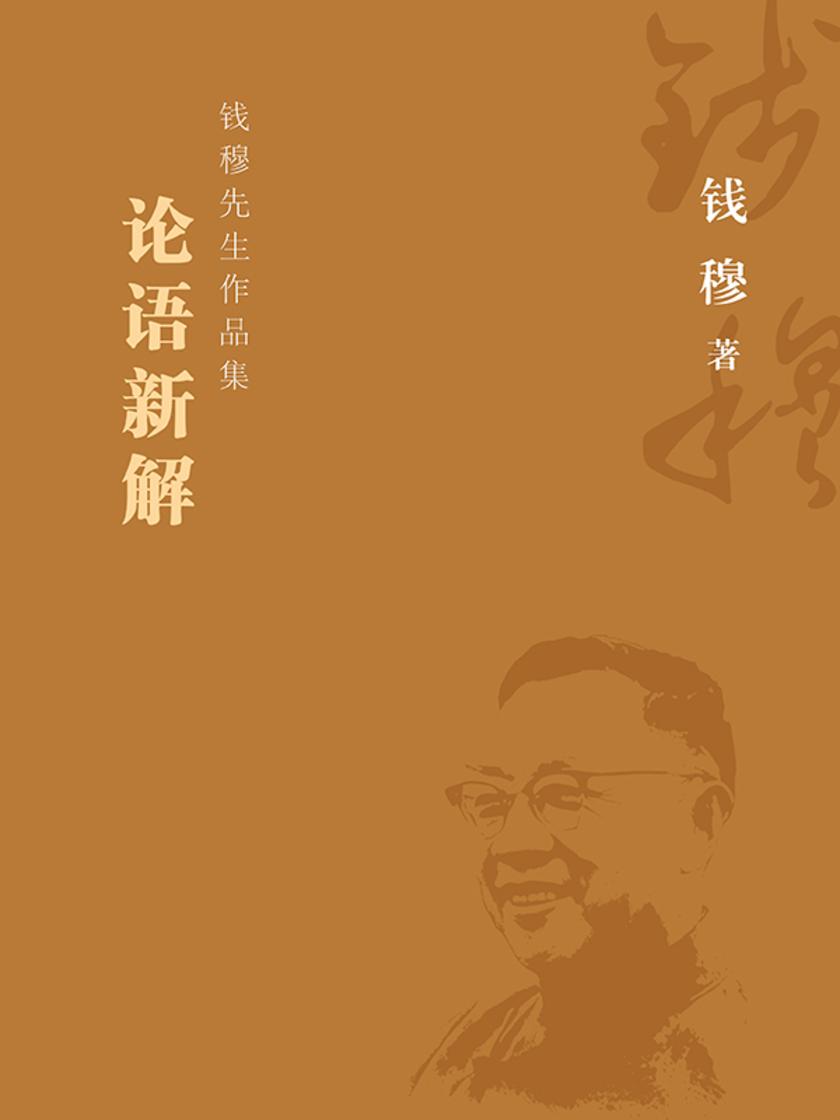
论语新解
¥5.99
钱穆先生全集,在台湾经由钱宾四先生全集编辑委员会整理编辑而成,台湾联经出版事业公司1998年以《钱宾四先生全集》为题出版。作为海峡两岸出版交流中心筹划引的重要项目,这次出版,对原版本行了重排新校,审慎订正文中体例、格式、标号、文字等方面存在的疏误。至于钱穆先生全集的内容以及钱宾四先生全集编辑委员会的注解说明等,新校本保留原貌。

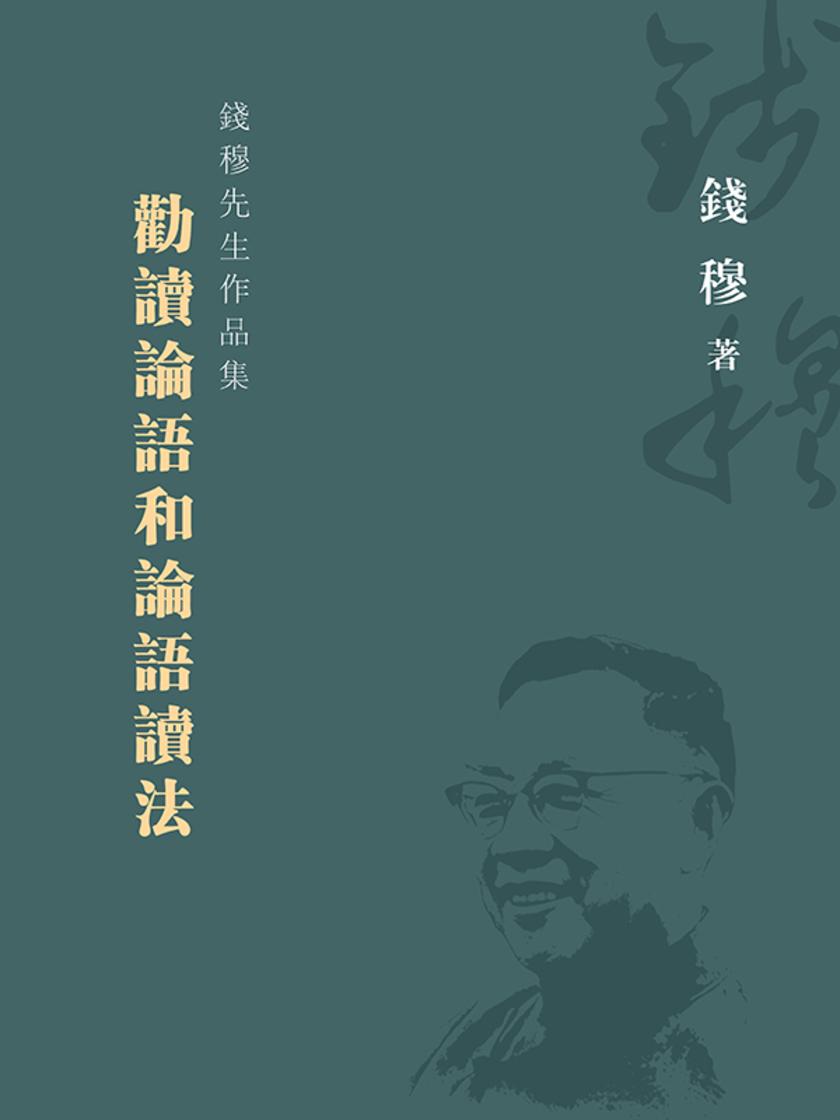
劝读论语和论语读法
¥7.20
本书集钱穆先生几十年来阅读《论语》心得之大成。所选文章既有根据钱穆先生20世纪50-60年代在新亚书院讲课记录而成的文章,也有钱穆先生发表在港台学术杂志上的文章。这些文章集中阐述了阅读《论语》之意义、朱子如何阅读《论语》、今人应如何阅读《论语》,如何看待古人对《论语》的不同理解及其出发,以及钱穆先生对古人阅读《论语》之评和他本人对《论语》的认识过程。

鬼谷子
¥3.49
本书综合参考了当前较为流行和权威的各家版本,每一篇都包括题解、注释、译文三个部分。题解简明扼要;注释内容广泛,包括以陶弘景(南朝齐梁时道教思想家、医学家)为主的诸家注释,供读者参考;译文通畅贴切,便于读者理解文意。本书还特别辑录了前人研究《鬼谷子》的相关文献资料,以供读者参详。




 购物车
购物车 个人中心
个人中心



